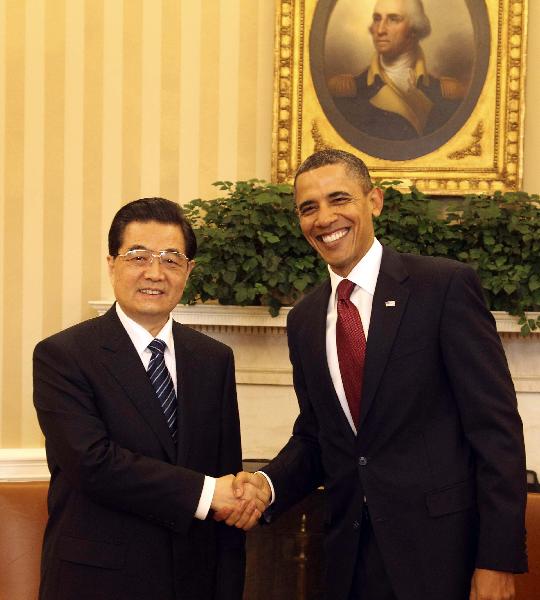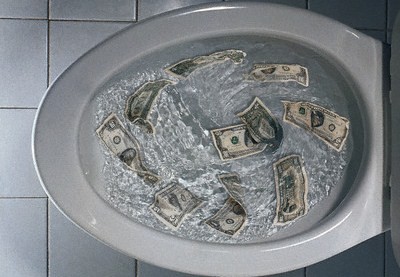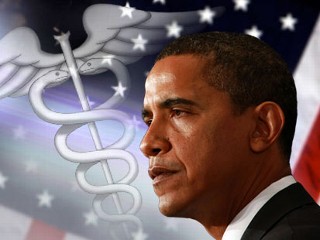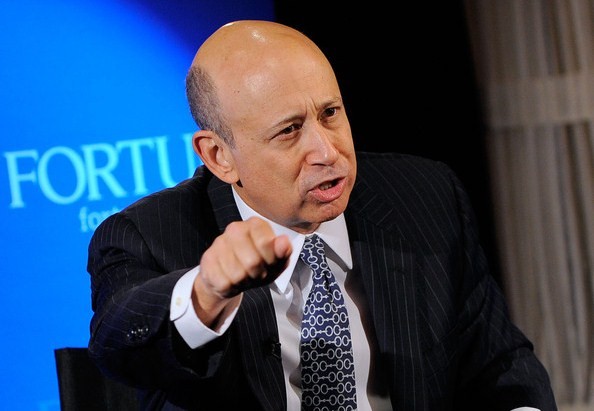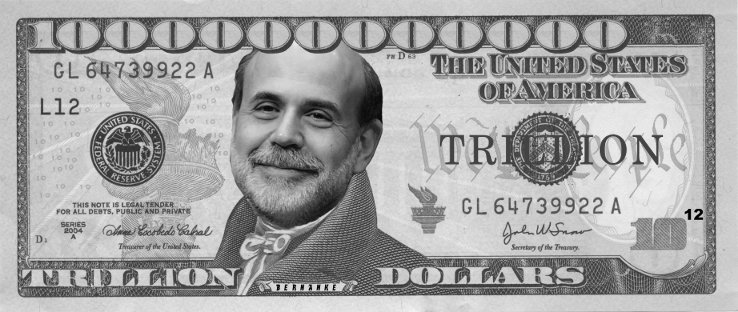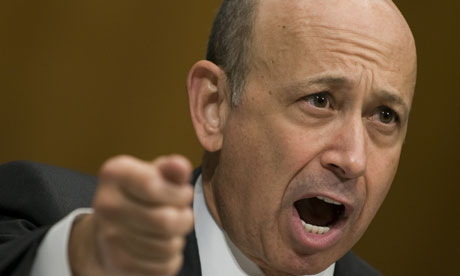Has the recession really ended, we have been told spending is up, yet according to
United States Department of Labor, jobless for 27 weeks or more was little changed at 6.4 million and accounted for 44.3 percent of the unemployed. The 0.4% decline from 9.9 in 11/2010 to 9.4 in 12/2010, include those employed during the holidays who are now unemployed again. Let’s not be fooled by the department 1/7/2011 Department of Labor report unemployment rose from 9.7 in 1/2010 to 9.8 in 11/2010. Seth Fiegerman, Mainstreet and Yahoo Finance give us the real truth about what to expect for 2011 and the “
Next Recession”
For every sign that the economy is improving, there is another hinting that the tough times are not over yet.
Sure, businesses are making money again and could stand to hire again after a long period of layoffs, but for months now many of these companies have sat on record amounts of cash and chosen not to bring on new employees. As a result, the unemployment level remains frozen near 10% and some predict it may get even higher this year. And yes, the housing market may be sorting itself out, but by some estimates, there are still 10 million or more homes in danger of foreclosure, which means we still may not have seen the worst of the housing crash.
With all these competing signals, it can be difficult to decipher whether the economy is on its way out of a recession or on its way back into one. So we surveyed a dozen leading economists to get their opinions on what, if anything, could lead to another recession down the road, whether in six months or six years. Here is what the experts are watching out for.
The Housing Market
If previous recessions are any indication, the housing market is the most likely to sink the economy.
“Historically, the main risk to the economy has come from the housing sector. With two exceptions, it’s led us into all the recessions we’ve ever had,” said Edward E. Leamer, director of the Anderson Forecast at the University of California, Los Angeles, which provides quarterly predictions about the direction of the U.S. economy.
Leamer personally believes that any threat posed by the housing market is still a long way off, but several other economists believe the threat is more immediate.
“Home prices are starting to sag again under the crushing weight of foreclosed properties,” said Sal Guatieri, senior economist and vice president at BMO Capital Markets, an economic research group. “A sharp drop in prices would undermine household wealth and confidence, and reverse the recent pickup in consumer spending. It would also fuel the vicious cycle of delinquencies and tight credit standards.”
Moreover, if 10 million more homes are still to be foreclosed on, this could hurt state and local economies, which are already on thin ice.
“Foreclosures will drive down values, which in turn will drive down local tax revenues (real estate taxes) affecting local government services,” said Mark Lieberman, a private economic consultant and former senior economist for Fox Business Network. “State and local governments will have to shrink payrolls” as a result.
Oil Prices
While the housing market may be the leading contender for triggering the next recession, it’s far from the only risk the economy faces. Several economists also expressed concerns that rising oil prices could stall our road to recovery.
“In the short run, the risk is from the oil sector. If oil prices top $125 [per barrel] and stay there for about three months, then the economy will have a mild recession,” said Rajeev Dhawan, director of the Economic Forecasting Center at Georgia State University. “Consumer spending will take a hit, followed by the capital spending plans of businesses, which will be cut back, leading to a recession.”
Others place the bar for trouble even lower. Bernard Baumohl, the chief global economist at the Economic Outlook Group and author of The Secrets of Economic Indicators, says if oil tops $120 a barrel for two months or longer, it will “cause serious problems for our economy.” Likewise, Baumohl says gas prices exceeding $4.50 a gallon would be an additional red flag for the economy.
So what are the odds of this actually happening?
At the moment, Baumohl’s group predicts a 90% chance that oil prices will shoot above $100 a barrel sometime in 2011. The real question is how much higher they will go after that.
National Debt
“If you ask what the most likely source of a recession is in the next two or three years, it’s the growing indebtedness of the United States,” said Leamer, the UCLA economist.
The national debt recently topped $14 trillion and is on pace to hit the government-imposed ceiling of $14.29 trillion by March of this year. Congress is currently gearing up for a battle over raising the debt ceiling, but even if they do, it won’t solve the basic problem: The U.S. is in over its head in debt and owes hundreds of billions to foreign creditors.
“The most pertinent threat to our economy is probably the sovereign debt horror show playing at a theater near you in the United States,” said Carl Leahey, senior managing director and global economist at Decision Economics, a financial consulting firm. “This year, we could see a loss of investor confidence, a spike in interest rates and a general rolling over in the economy” as a result of the rising debt.
Economists point to the recent debt crises in European countries like Greece and Ireland as a sign of what’s to come if the U.S. government does not get its house in order.
“The ongoing European debt crisis would provide a small window to what the U.S. could potentially face,” said Dian Chu, a chartered economist who runs the financial blog Economic Forecasts and Opinions. If the debt crisis did blow up, he says, “The U.S. government would most likely resort to austerity measures, and/or raise taxes, which could really plunge the economy into a recession or even a depression.”
The Bond Market
If there were a debt crisis, our economists say it would likely wreak havoc on the bond market, as the Treasury struggles to finance debt and raises interest rates on Treasury bonds.
But even if debt concerns are overblown, some economists believe there is still another risk to the bond market, and to the economy as a whole: At the end of 2010, the Federal Reserve decided to buy another $600 billion worth of bonds, in a second stimulus known as quantitative easing (or QE2) intended to provide a boost to the economy.
Yet, perhaps counter-intuitively, the Fed’s attempt to jumpstart the economy could actually end up destabilizing it.
“If the economy is showing fresh vigor, as it has in recent months, and the Federal Reserve insists on pumping more reserves into the economy, then it could lead to a potential crisis in the bond market, where investors begin to worry about future inflation risks,” said Baumohl of the Economic Outlook Group. This worry could potentially drive many investors to flee from the bond market.
“This stampede to get out of bonds could cause yields on longer term securities to rise very quickly, which could hut the economy, and certainly hurt real estate because of its impact on mortgage rates. So that’s one real scenario we need to keep an eye on in the next six months,” Baumohl said.
Commercial Banks
It may be hard to believe, given all the money that has been pumped into the financial sector in the form of bailouts, but the banking industry as a whole still faces big problems with their balance sheets.
“As the economy starts to recover and the government begins to tighten monetary policy a little bit, I’m not sure there’s enough capital in the financial sector at the moment to support robust growth,” said Douglas W. Diamond, an economist at the University of Chicago Booth School of Business.
Diamond is particularly concerned that smaller banks may not have enough resources to stay solvent, let alone to do much lending to businesses and homeowners.
“I think we could see a continuing number of failures in intermediate and smaller size banks,” Diamond said. “This is not a disaster because most of corporate America has strong balance sheets at the moment and could acquire the firms that don’t. But if there turns out to be solvency issues in the remaining firms, that’s definitely an issue.”
North Korea and Iran
Even if everything in the U.S. economy runs smoothly, there’s always a wild card threat, and right now that means North Korea or Iran.
According to Baumohl, any military action between North and South Korea could scare the global markets and hurt our economy as a result. Similarly, if the U.S. decides to take military action against Iran in the coming years, it could impact oil prices and negatively impact the world economy and our own.
For More information see the following:
6 Companies Thriving in the Recession
Why Homeownership Can Still Pay Off
10 Things Your Bank Won’t Tell You
